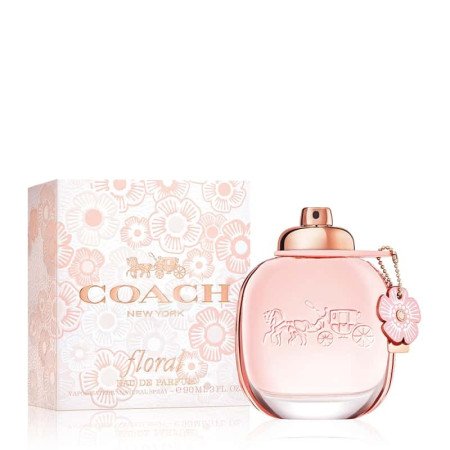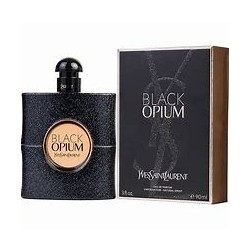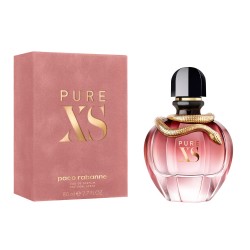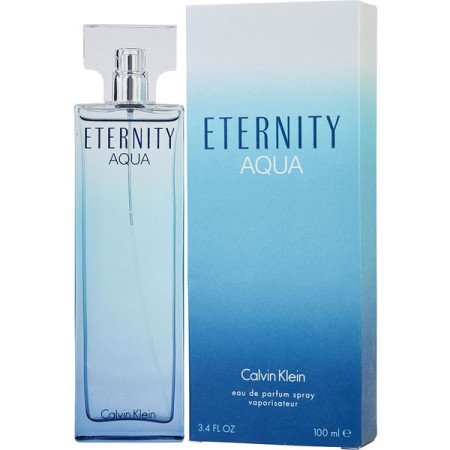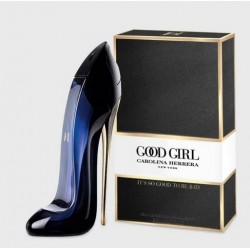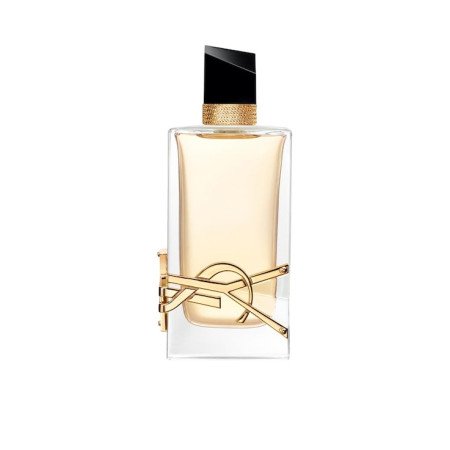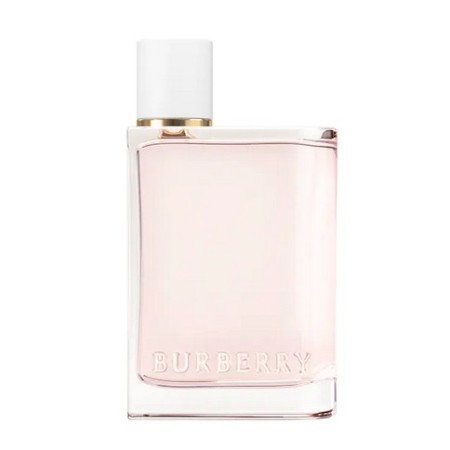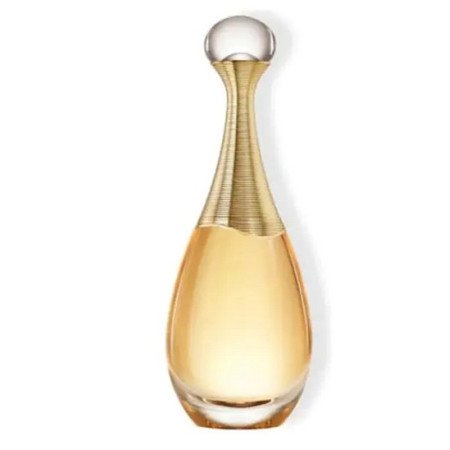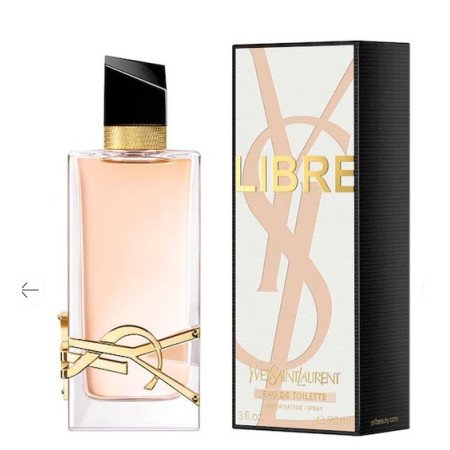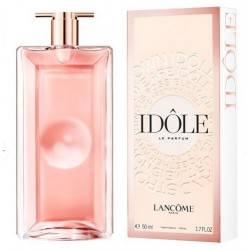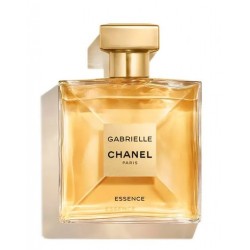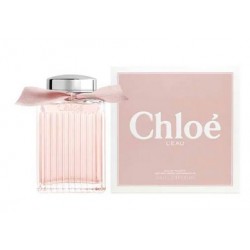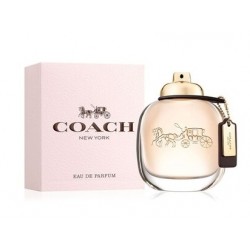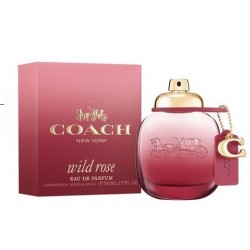perfume Perfume is a fascinating blend of art, science, and culture. Here are some key aspects: Ingredients: Perfumes are typically composed of a mixture of essential oils, aroma compounds, solvents, and fixatives. These ingredients can be derived from natural sources like flowers, fruits, spices, and woods, or they can be synthetic. Fragrance F...
perfume Perfume is a fascinating blend of art, science, and culture. Here are some key aspects: Ingredients: Perfumes are typically composed of a mixture of essential oils, aroma compounds, solvents, and fixatives. These ingredients can be derived from natural sources like flowers, fruits, spices, and woods, or they can be synthetic. Fragrance Families: Perfumes are often classified into different fragrance families based on their predominant notes. Some common fragrance families include floral, oriental, woody, citrus, and aquatic. Fragrance Notes: Perfumes are often described in terms of their top, middle, and base notes. The top notes are the initial impression of the fragrance, the middle notes emerge once the top notes evaporate, and the base notes are the long-lasting foundation of the scent. Concentration: Perfumes come in various concentrations, ranging from least concentrated to most concentrated: Eau de Cologne, Eau de Toilette, Eau de Parfum, and Perfume (or Parfum). The higher the concentration, the longer-lasting the scent. History: The use of perfumes dates back thousands of years, with evidence of perfumery practices found in ancient civilizations such as Egypt, Mesopotamia, China, and India. Perfumery flourished in the Middle East during the Islamic Golden Age and later spread to Europe during the Renaissance. Cultural Significance: Perfume has played a significant role in various cultures throughout history. It has been used for religious ceremonies, medicinal purposes, as a status symbol, for seduction, and for personal grooming. Industry and Market: The global perfume industry is a multi-billion-dollar market, with a wide range of brands offering perfumes at various price points. High-end luxury brands often create exclusive and expensive fragrances, while there are also more affordable options available in the market. Perfume Creation: Creating a perfume is a complex process that involves the expertise of perfumers, who are skilled in blending different fragrance ingredients to achieve a desired scent profile. Perfumers often draw inspiration from nature, emotions, memories, and cultural influences. Personal Preference: Choosing a perfume is a highly personal decision, as fragrances can evoke different emotions and memories for individuals. Factors such as body chemistry, skin type, and cultural background can influence how a perfume smells on an individual. Overall, perfume is not just about smelling good; it's about self-expression, creativity, and sensory experiences.
perfume There are 32 products.
-
-
-
4711 Acqua Colonia Mandarine & Cardamom
4711 Acqua Colonia Mandarine & Cardamom Exotic Citrus Spice: 4711 Acqua Colonia Mandarine & Cardamom. Transport yourself to distant lands with the exotic blend of mandarin and cardamom in 4711 Acqua Colonia.
฿3,600.00 ฿4,000.00 -
-
CAROLINA HERRERA Good Girl EDP 80ml
Fragrance Elegance: Carolina Herrera Good Girl EDP 80ml. Immerse yourself
฿8,820.00 ฿9,800.00 -
YVES SAINT LAURENT Libre EDP 90 ml
Embrace Your Liberation: YVES SAINT LAURENT Libre Eau De Parfum 90 mL. Immerse yourself in the essence of freedom with YVES SAINT LAURENT's Libre Eau De Parfum. This captivating fragrance captures the bold spirit of modern femininity with its exquisite
฿9,450.00 ฿10,500.00 -
-
-
DIOR J'adore Eau de parfum 50 mL
Timeless Luxury: DIOR J'adore Eau de Parfum 50 mL.
฿7,470.00 ฿8,300.00 -
YVES SAINT LAURENT Libre Eau De Toilette...
Unleash Your Freedom: YVES SAINT LAURENT Libre Eau De Toilette Perfume 90 mL.
฿7,740.00 ฿8,600.00 -
-
CHANEL GABRIELLE CHANEL GABRI ESSENCE EDP...
"Captivating Essence: CHANEL GABRIELLE CHANEL GABRI ESSENCE EDP SPRAY 50ML. Immerse yourself in the enchanting essence of CHANEL GABRIELLE CHANEL GABRI ESSENCE Eau de Parfum Spray.
฿7,380.00 ฿8,200.00 -
CHLOE Nomade Eau de Parfum 75 mL
Nomadic Elegance: CHLOE Nomade Eau de Parfum 75 mL.
฿7,110.00 ฿7,900.00 -
-
COACH Coach Edp Fragrance 90 mL
Signature Sophistication: COACH Coach EDP Fragrance 90 m
฿7,020.00 ฿7,800.00 -





































